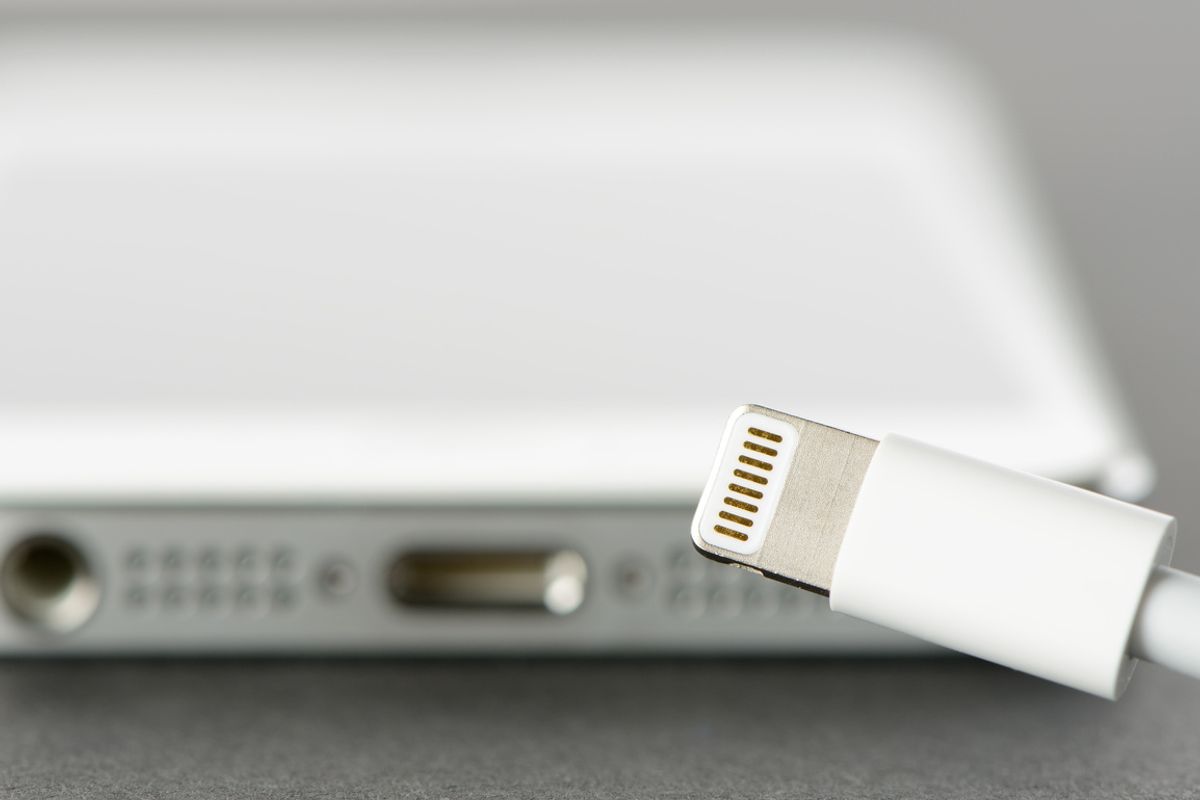Smartphones

iStock
Apple responds to proposed Lighting cable ban with environmental warning of its own
Apple says a switch to USB-C would cause unprecedented amounts of waste

Apple says a switch to USB-C would cause unprecedented amounts of waste
Apple has responded to the European Union's proposal for it to ditch the iPhone's Lightning port in favor of the USB-C connection used by Android handsets.
The EU's bid to standardize smartphone charging cables is a bid to reduce electronic waste caused by consumers switching from one phone and cable type to another.
Since 2009, it has encouraged technology companies to all use the same charging cable, and in the last decade the number of different chargers on the market has shrunk from over 30 to just three. These are micro USB, USB-C, and Apple's own Lightning port.
Read More:
The EU's argument for Apple to join Samsung and others in adopting USB-C is driven by a fear of electronic waste and associated damage to the environment. The European Commission has estimated that obsolete cables are responsible for more than 51,000 tonnes of waste every year, and European Parliament member Alex Agius Saliba said this week: "This is hugely detrimental for the environment."
But, while this was certainly a problem a decade ago, when switching to a different manufacturer for your new phone almost always meant throwing the old cable and charger away, there are now just three options to pick from.
Contrary to the EU's claims of the Lightning port causing unnecessary waste, Apple says switching the iPhone to USB-C would be an even larger problem. In a statement, Apple said a potential ban on the Lighting connection would "create an unprecedented volume of electronic waste and greatly inconvenience users".
The company added: "We do not believe there is a case for regulation given the industry is already moving to the use of USB Type-C through a connector or cable accessory...We hope the Commission will continue to seek a solution that does not restrict the industry's ability to innovate and bring exciting new technology to consumers."

Apple itself has moved some of its product lines to USB-C in recent years. Today it is the only type of port used by Apple laptops, features widely on its desktop computers, and is used by the iPad Pro. But the iPhone maintains its Lightning port.
Apple's belief here is that today's billion-plus iPhone owners would have to throw out old Lightning cables when buying their next iPhone (if it were to switch to USB-C). Not only that, but millions of accessories like charging docks and speaker systems may also be thrown out due to no longer being compatible, or requiring an awkward adaptor. Remember your old speaker dock with Apple's 30-pin connector?
This is not just a European issue, either. Apple relies on Chinese manufacturers to make its iPhones in vast quantities, then ship them all over the world. Changing to USB-C for the European market would very likely mean every future iPhone discarding Lightning, causing cables and accessories to be thrown away on a global scale.
Apple also argues that it already sells a USB-C charger, into which a USB-C-to-Lightning cable can be inserted. That way, the same charger can power an iPhone and a MacBook or other USB-C product, like an Android phone.
Apple's statement says the proposed legislation "would have a direct negative impact by disrupting the hundreds of millions of active devices and accessories used by our European customers and even more Apple customers worldwide creating an unprecedented volume of electronic waste and greatly inconveniencing users."
It is understood that Apple's long-term plan is to completely remove all ports from the iPhone. A report in 2019 claimed one version of the iPhone due to launch in the fall of 2021 would have no power port, and would instead charge exclusively through wireless technology.
GearBrain Compatibility Find Engine
A pioneering recommendation platform where you can research,
discover, buy, and learn how to connect and optimize smart devices.
Join our community! Ask and answer questions about smart devices and save yours in My Gear.
